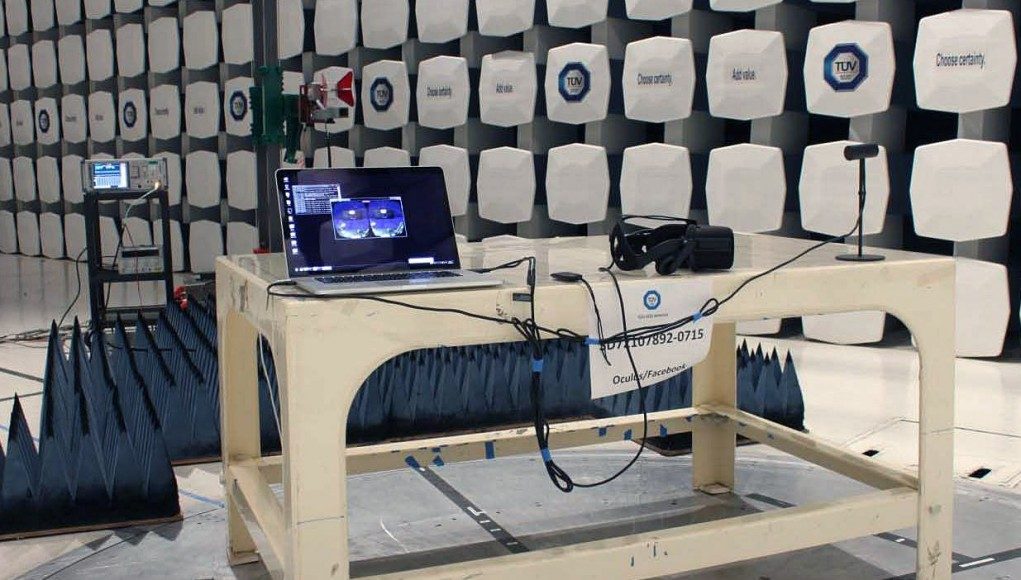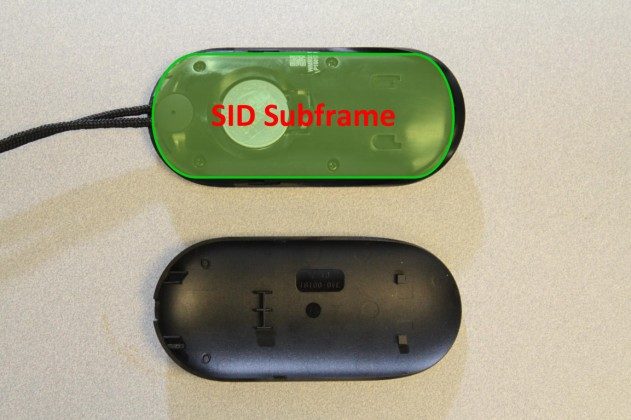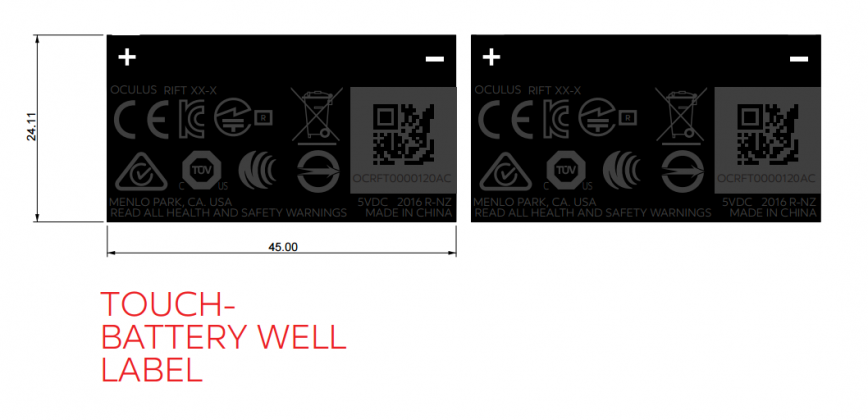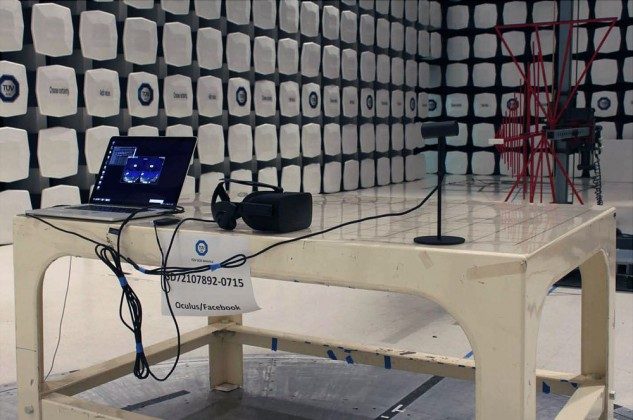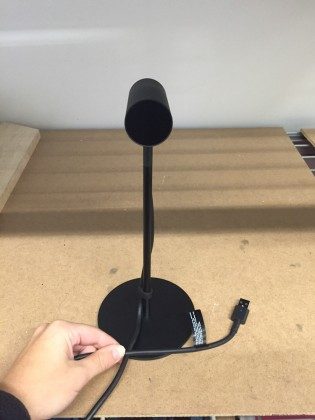As with the HTC Vive in late December, the Oculus Rift VR system has now made its rounds through the FCC, the U.S. regulatory body that certifies devices for electromagnetic spectrum compatibility for consumer usage.
Before any company can sell a consumer product in the U.S. which utilizes any part of the electromagnetic spectrum (wifi, radio, BT, etc), it has to be certified by the FCC. Certification marks one step closer to the launch of a product. Now that Oculus has opened pre-orders for the Rift, certifying documents have also appeared at the FCC.
Aside from the publicly available documentation, Oculus, like many companies, has submitted a Confidentiality Request to keep the following documents out of the public eye:
- Schematics
- Bill of Materials/Parts List
- Block Diagrams
- Theory of Operation
And furthermore have asked for a period of ‘short-term confidential treatment’ extending 180 days for the following documents:
- Internal Photos
- User Manual
- Test Set-up Photographs
Available documentation reveals compatibility test reports for the Rift headset, Tracker, and Remote (referred by the documents as ‘SID’ – Simple Input Device). One photo shows that the Remote is powered by a button cell battery which, despite the lanyard, would suggest that the device is not motion tracked (as the power requirements to do so would likely make such a battery a bad design choice).
The only mention of the Oculus Touch (which will ship sometime after the Rift) comes from a document showing the required labeling that will be present on the devices. The Touch label is described as being inside the unit’s ‘battery well’ which suggests the device will have a removable battery, as FCC labels must be in a ‘user accessible area’. Oculus has not detailed previously how Touch will be powered.
See Also: HTC Vive’s Laser-based Lighthouse Trackers Get FCC Approval for Safe Use
The documents appeared in the FCC’s public database on January 6th, the same day that the company opened pre-orders for the Rift. However, some documents, like the Confidentiality Request, are dated as far back as October, suggesting the process began months earlier.
The first Oculus Rift units are set to ship on March 28th, but the headset is backordered some four months.

